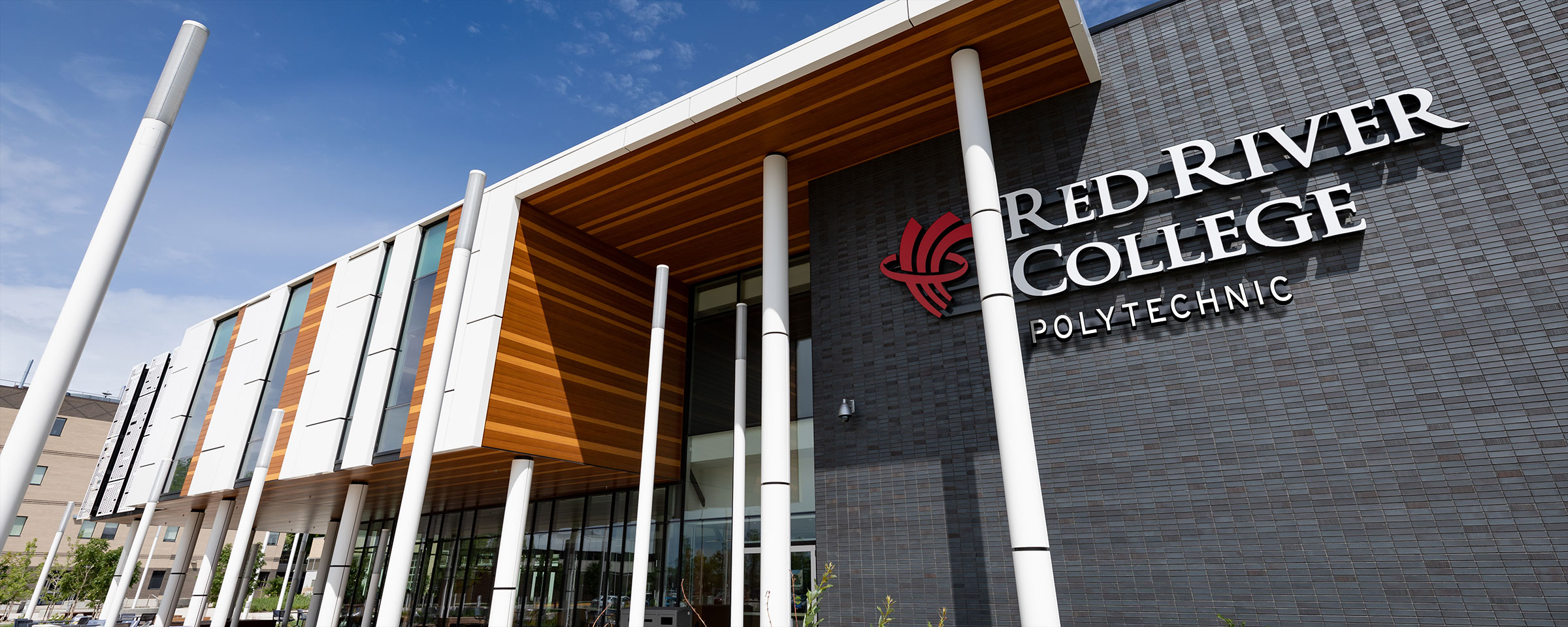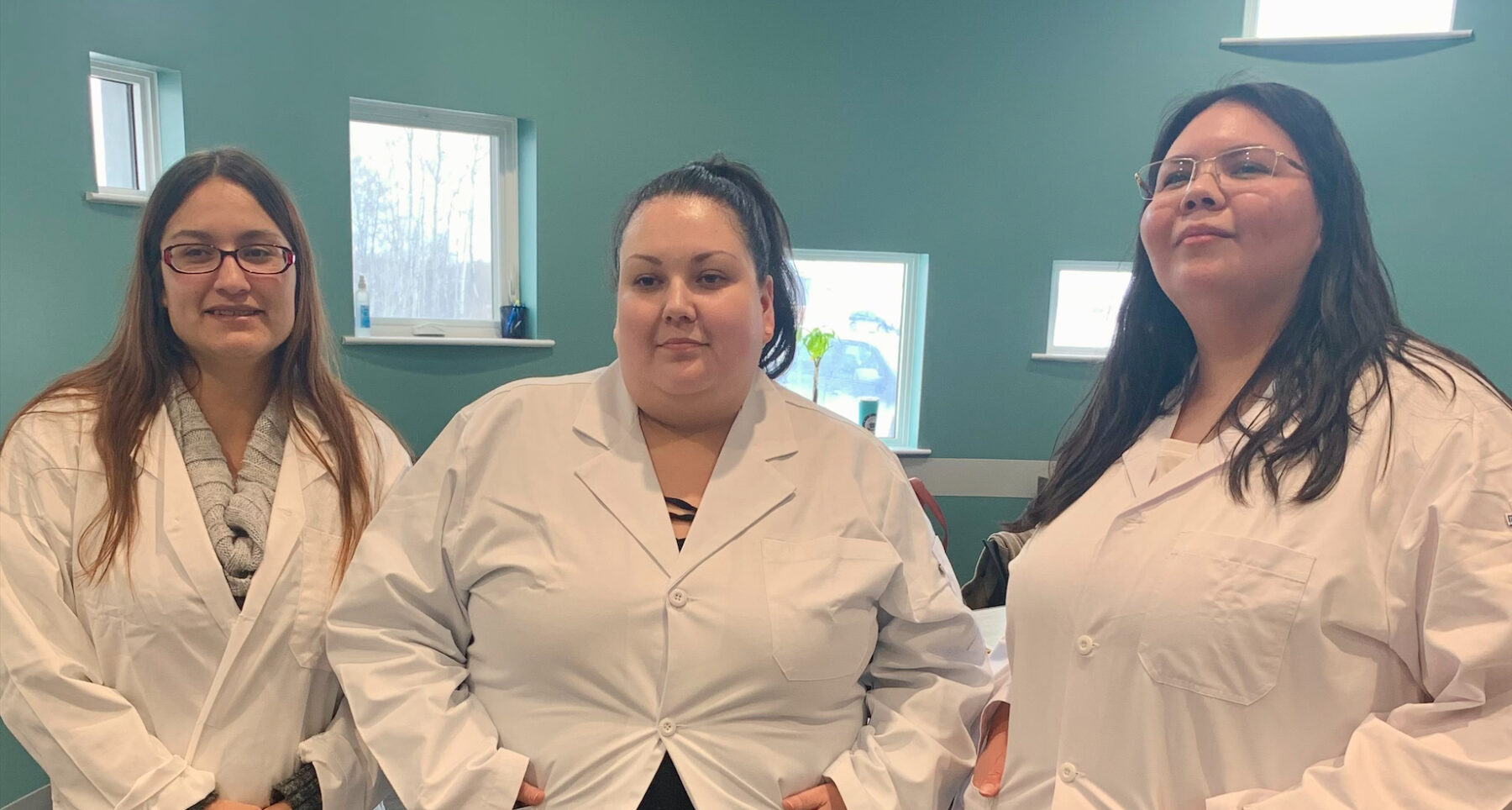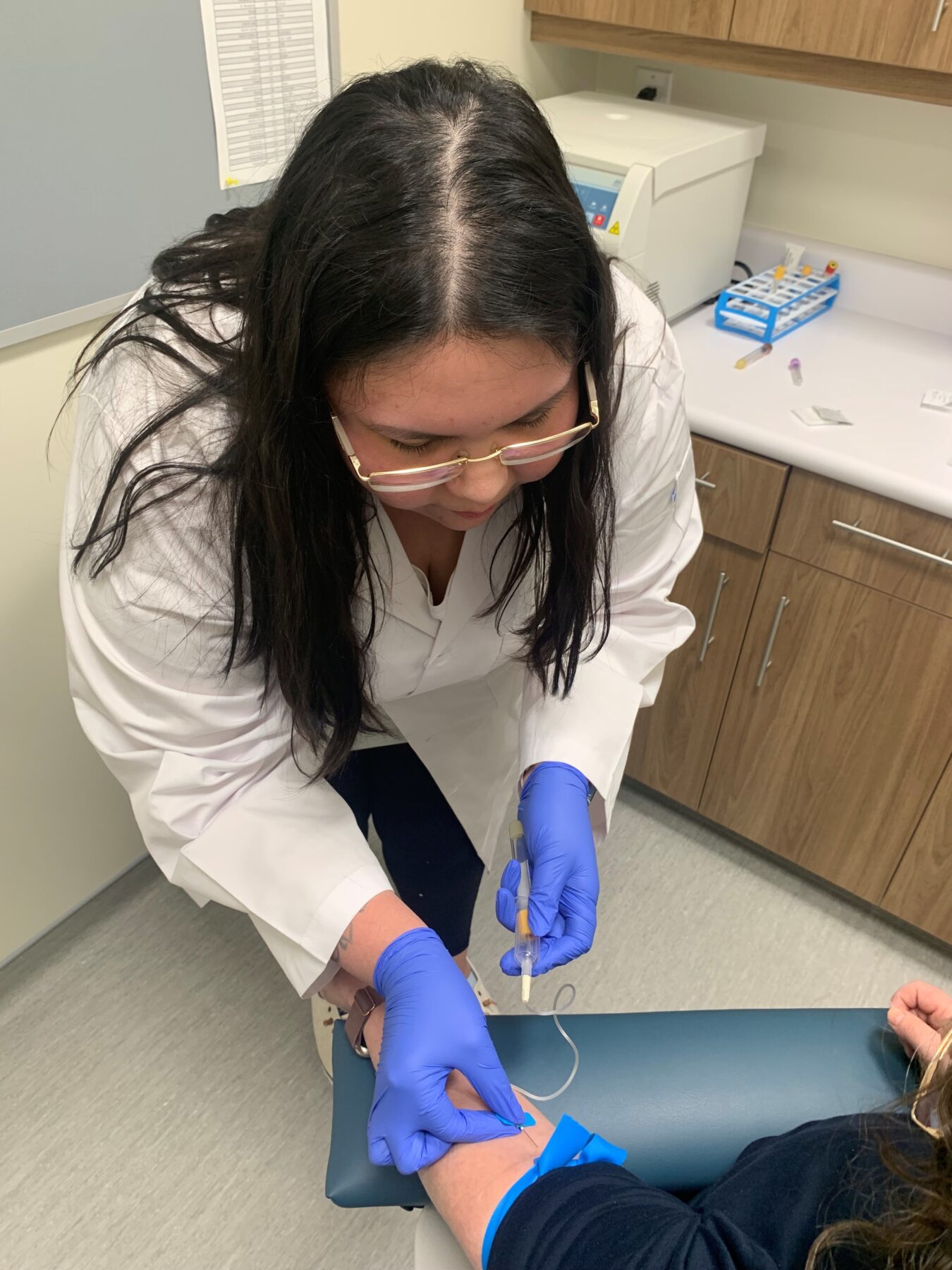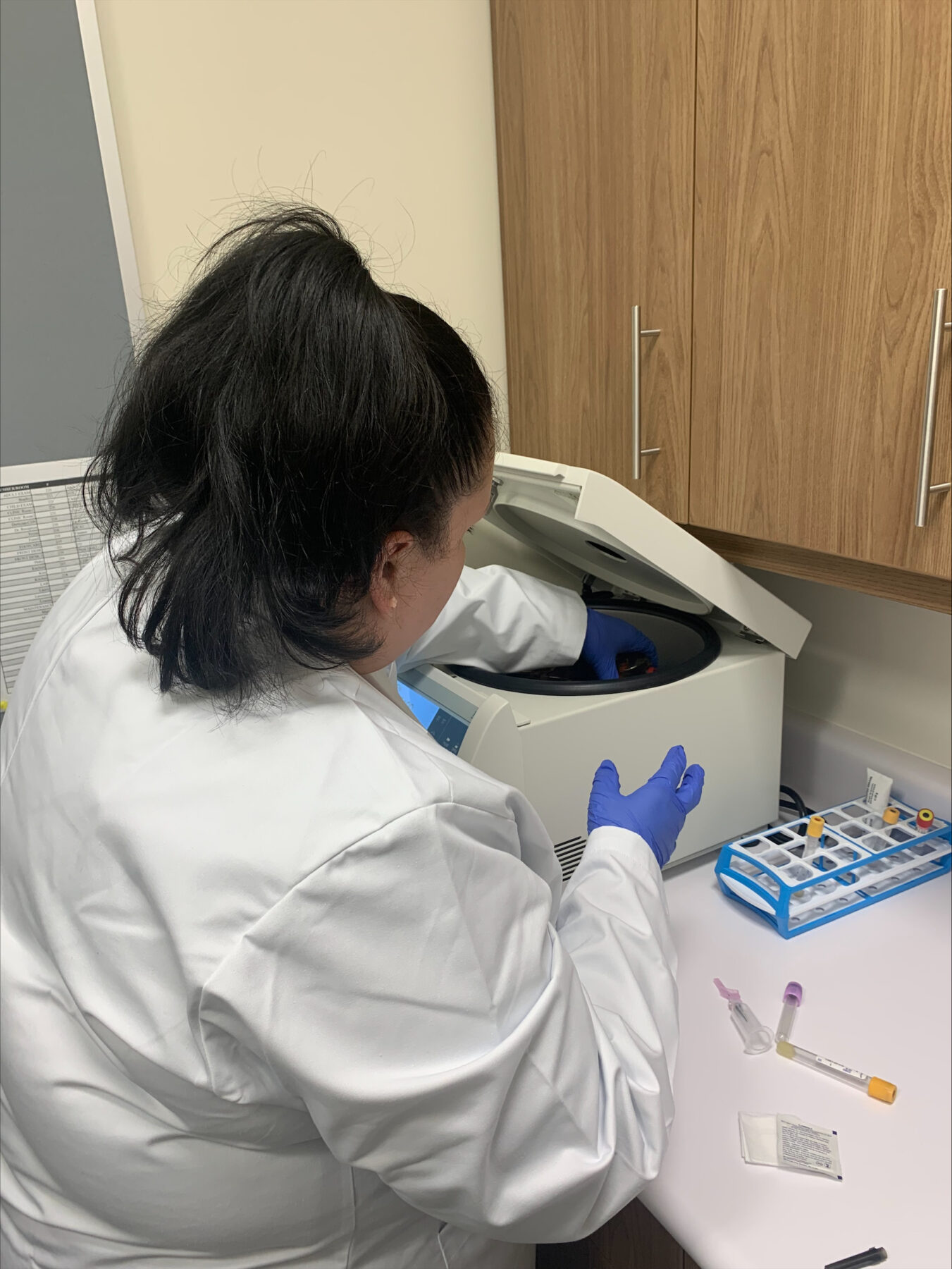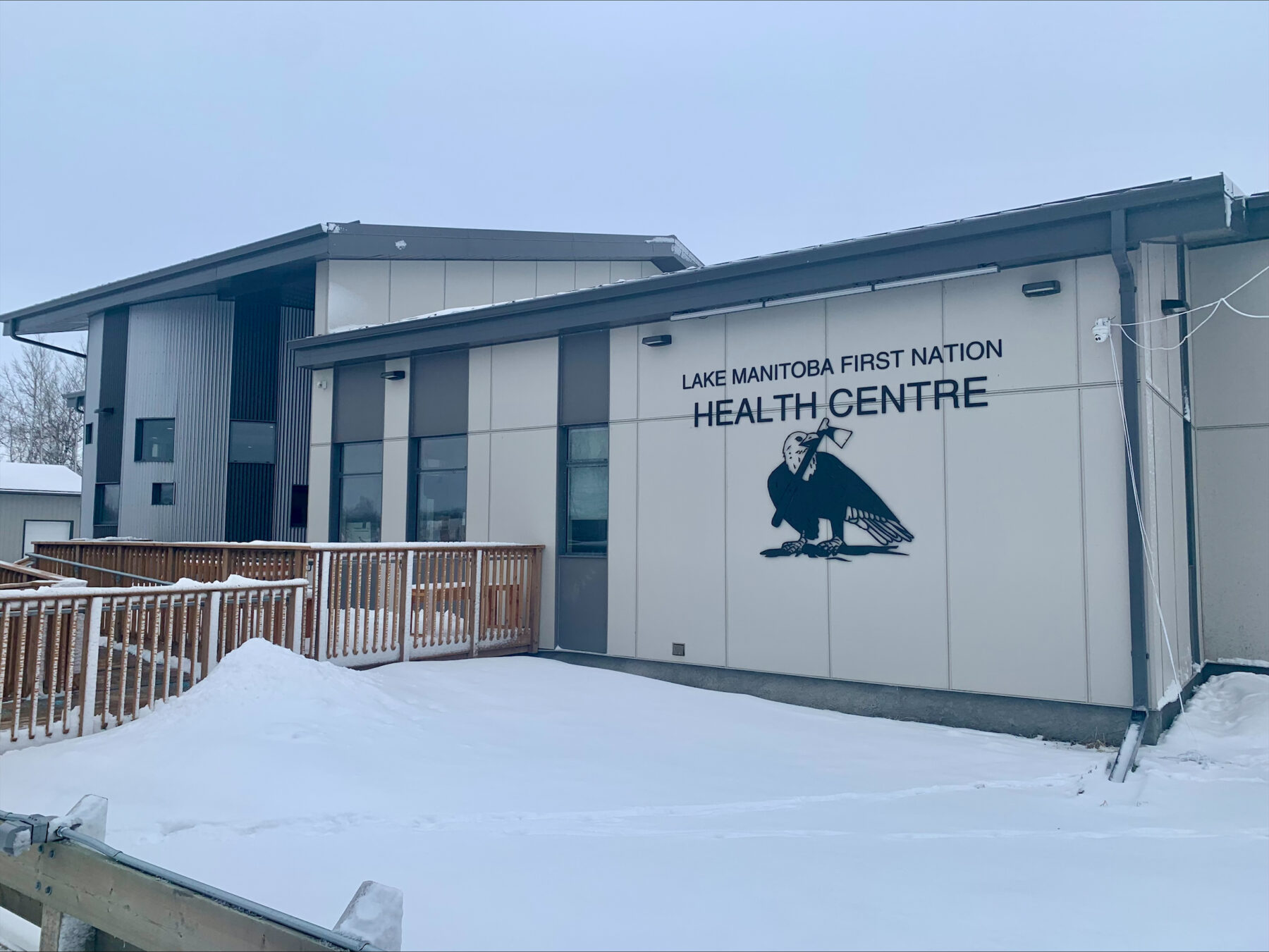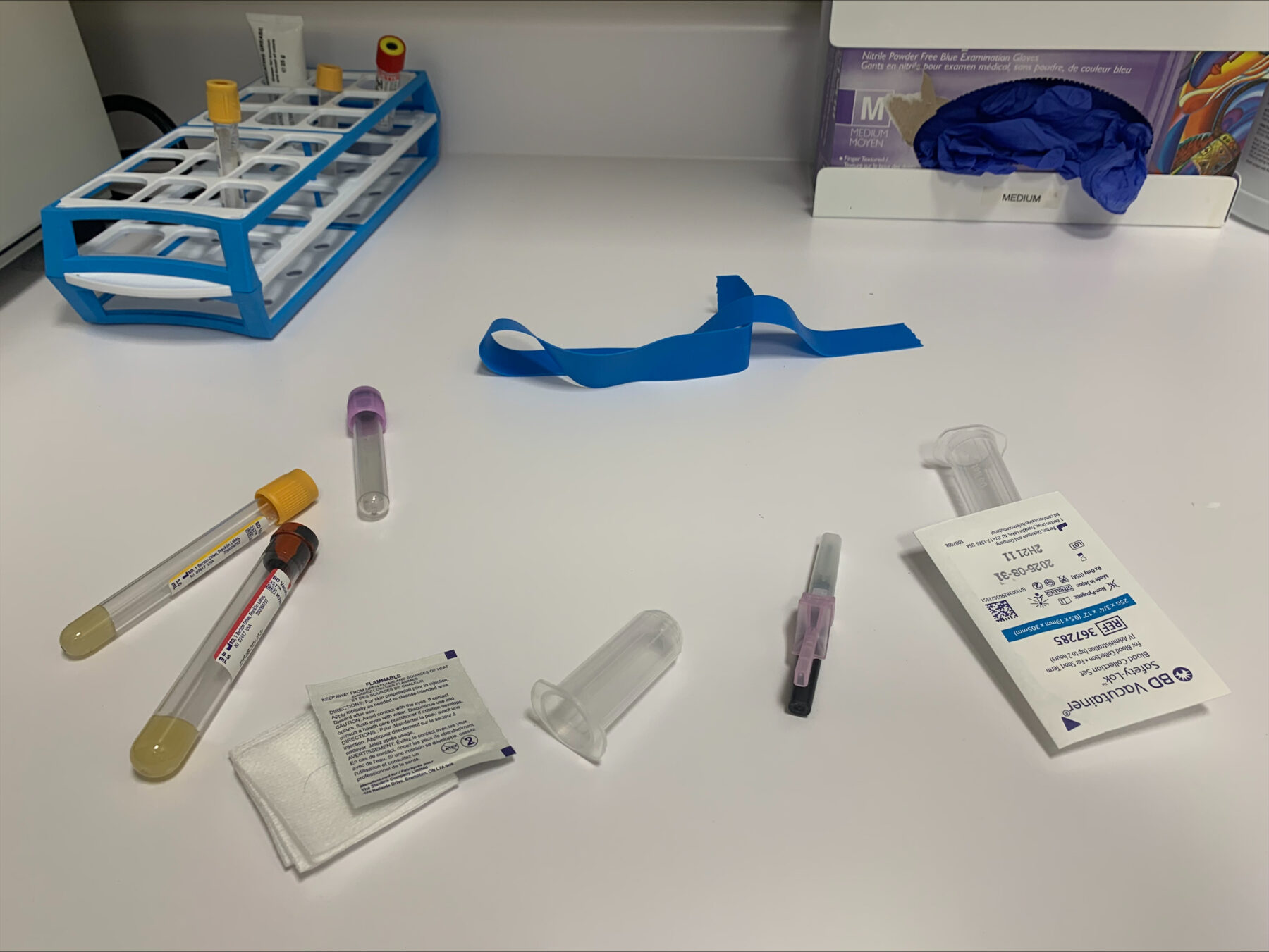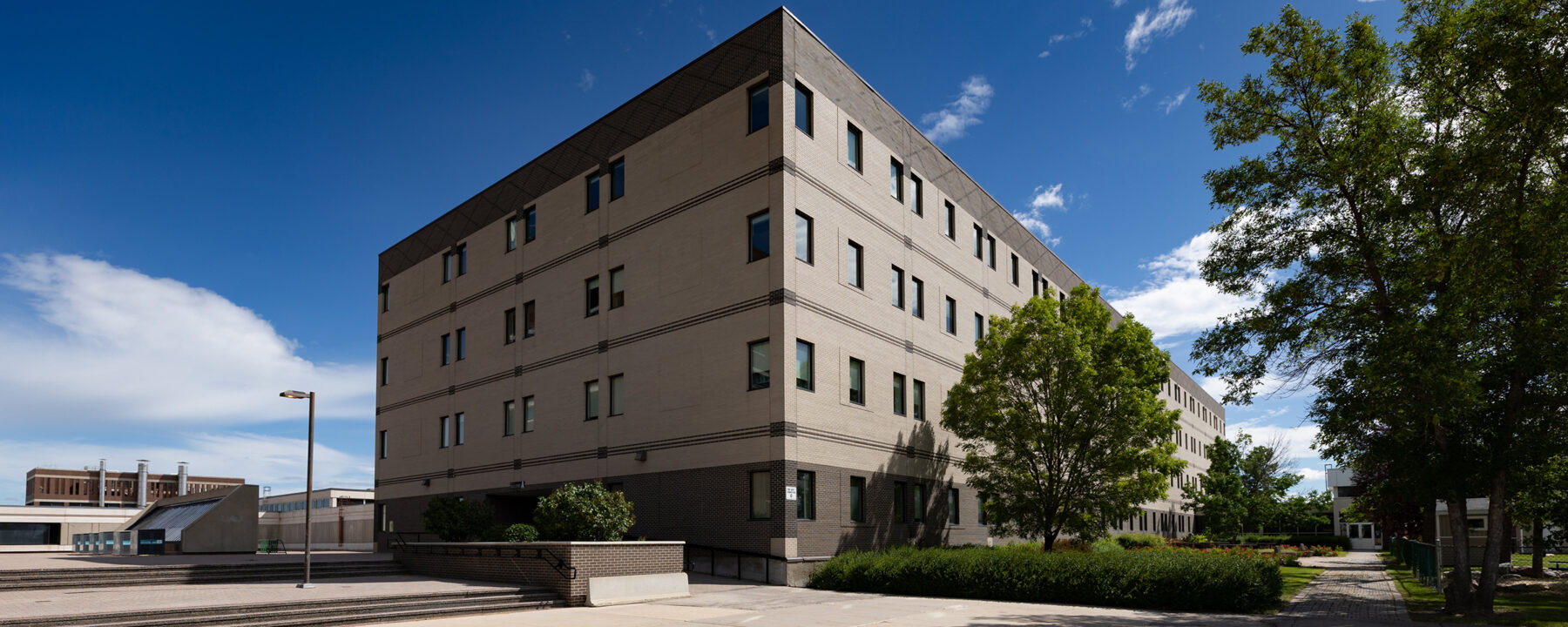Campus Update: March 7 Winter Storm
A winter storm is having impacts on road conditions in some areas of the province.
Winnipeg campuses remain open and will operate as usual and please use caution while commuting.
RRC Polytech’s regional campuses will be operating as follows:
- Peguis Campus will close this afternoon as a result in deteriorating weather conditions.
- Selkirk Campus is closed, classes will be delivered online.
- Arborg Language Training Centre is closed and classes are cancelled.
- Stevenson Southport is open and operating normally. Students unable to travel to Southport from Winnipeg will be contacted and advised to participate in their classes at Stevenson Winnipeg.
- Stevenson Winnipeg campuses are open and operating normally.
- Portage Campus is open and operating normally.
- Winkler Campus is open and operating normally.
- Steinbach Campus is open and operating normally.
- Steinbach Language Training Centre classes will be delivered online.
Exams affected by any of today’s closures will be re-scheduled. Students will be contacted with new exam details this week.
For those driving inside and outside of Winnipeg, please drive with caution and adjust to weather conditions.
If you cannot make it to classes or work safely due to unsafe road conditions, please work with your instructor or supervisor directly.
